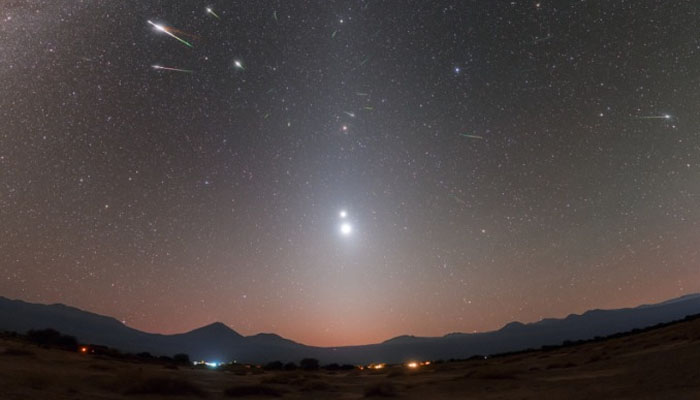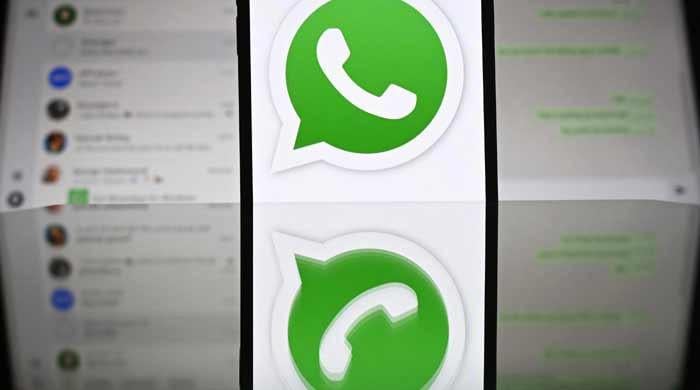Eta Aquariid: When will ‘meteor shower of century' light up skies?
Halley's Comet's debris to cause a shooting starburst in May
May 02, 2024

It's time to brace for an extraordinary celestial show as the eta Aquariid meteor shower is all set to dazzle with meteor rates reaching up to one per minute — courtesy of the iconic Comet Halley, whose debris will light up the sky.
Usually, the peak viewing window would fall on the night of May 4, extending into the early hours of May 5; however, thanks to an unexpected outburst, enthusiasts might get lucky with excellent sky-gazing opportunities from May 2 to May 6, Nasa said in an update.
According to Bill Cooke, who leads the Meteoroid Environment Office at NASA’s Marshall Space Flight Center in Huntsville, Alabama, many of the shooting stars we see this year are caused by material from Halley’s Comet which is around 3,000 years old.
"As Earth runs into that debris, we can see streaks of light across the sky. When our planet moves through concentrated clumps of material, we can get a meteor outburst. The next time the eta Aquariids will outburst is about 20 years from now," a Nasa report said.
According to Lauren Perkins, NASA’s Marshall Space Flight Center, particles of cosmic dust streaked through night skies in early May.
As Earth cut through the debris trails dropped by the periodic Comet Halley, it ran into the annual light show known as the eta Aquariid meteor shower.
The peak of the eta Aquariids in 2022 was somewhat blotted out by the bright full Moon in May; nevertheless, the moonlight did not interfere with the early morning hours surrounding the shower's peak.
"To really top off this year’s event, the new Moon aligns with the peak nights, therefore there will be no light interference to obscure the fainter meteors. There’s only one catch with this shower in particular – the best viewing time is from 4 a.m. to dawn. You will be able to see the glowing in the early evening, as the constellation Aquarius does not rise until around 4 a.m. local time," as per Nasa.









